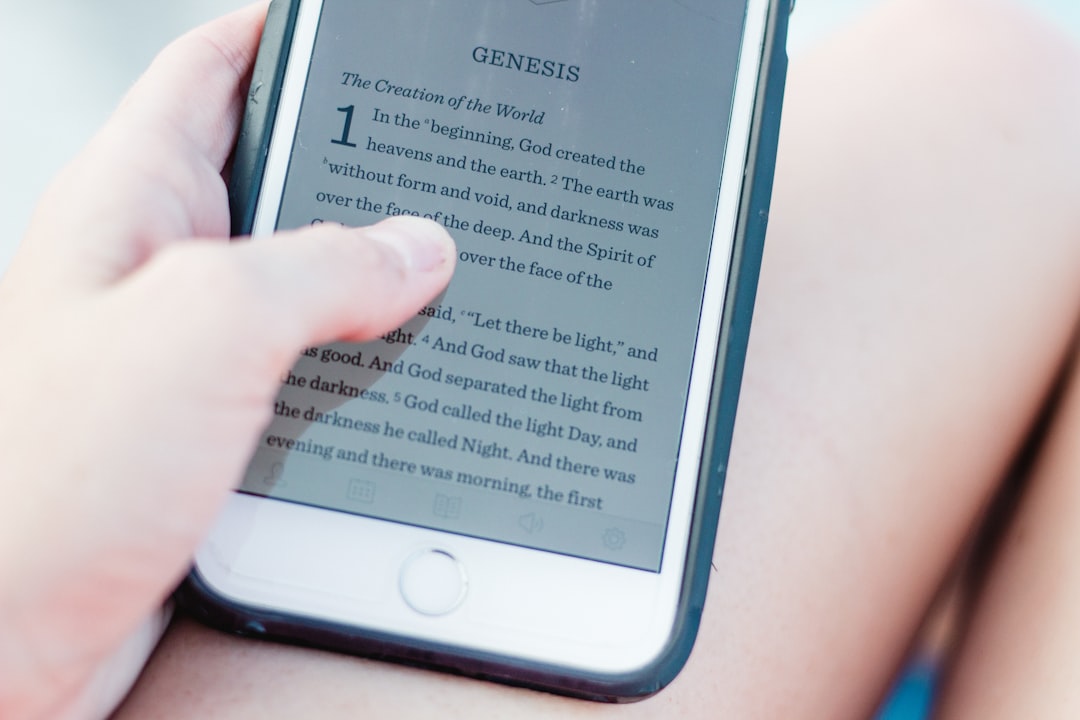
The landmark ruling of Roe v. Wade in 1973 has long been a point of contention in American society. This decision by the Supreme Court legalized abortion, stating that it falls under the constitutional right to privacy. However, many individuals and religious groups argue that this ruling goes against the principles laid out in the book of Genesis. In this article, we will explore the reasons why Genesis contradicts Roe v. Wade and the significant implications it carries.
1. The Sanctity of Life
Genesis, the first book of the Bible, lays the foundation for many religious beliefs and traditions. One of the core principles emphasized in Genesis is the sanctity of life. According to the biblical account, God created human beings in His own image and breathed life into them, imbuing each individual with inherent worth and dignity. This belief that life is sacred from the moment of conception contradicts the idea that a woman has the right to terminate a pregnancy at will, as supported by Roe v. Wade.
2. The Unborn as Human Beings
Another key aspect of the Genesis narrative is the recognition of the unborn as human beings. The Bible affirms that even before birth, a person possesses unique qualities and characteristics. For instance, in Genesis 25:23, the Lord speaks to Rebecca about the twins in her womb, stating, Two nations are in your womb, and two peoples from within you shall be divided. This passage demonstrates the acknowledgment of the unborn as distinct individuals. Therefore, the argument can be made that abortion violates the inherent rights of these developing human beings.
3. The Responsibility to Protect Life
Genesis also highlights the responsibility given to mankind to protect and care for all forms of life. After creating Adam and Eve, God charged them with the task of stewarding the earth and all its creatures. This responsibility extends to the protection of human life as well. The act of abortion, which terminates a pregnancy and ends a potential life, directly contradicts this divine command to safeguard and nurture life.
4. The Value of Every Human Life
In Genesis, the value of every human life is reiterated through various stories and teachings. The narrative of Cain and Abel, for example, underscores the sacredness of life by revealing the consequences of taking another person’s life. Additionally, the Ten Commandments explicitly state, You shall not murder. This commandment further emphasizes the sanctity of life and the importance of upholding it. From a biblical perspective, abortion is seen as a violation of this commandment, disregarding the value inherent in every human being.
5. The Foundation of Human Rights
The principles outlined in Genesis lay the foundation for many fundamental human rights. The belief in the inherent worth and dignity of all individuals is a driving force behind the fight for justice and equality. The argument can be made that the right to life, the most fundamental of all rights, is violated by abortion. By terminating a pregnancy, the unborn are denied an opportunity to experience life, liberty, and the pursuit of happiness.
In conclusion, the book of Genesis contradicts the ruling of Roe v. Wade in several significant ways. The teachings and principles found in Genesis emphasize the sanctity of life, the recognition of the unborn as human beings, the responsibility to protect life, the value of every human life, and the foundation of human rights. These biblical perspectives challenge the legality and ethics of abortion, presenting a compelling argument against the controversial ruling. Regardless of one’s personal beliefs or opinions on the matter, understanding the viewpoints expressed in Genesis is essential for comprehending the complex and ongoing debate surrounding abortion.